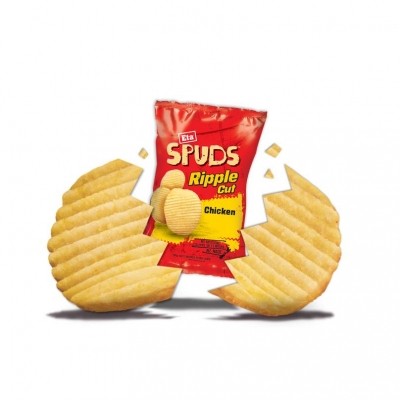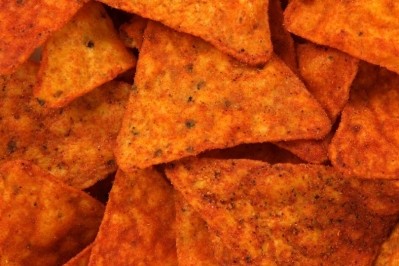Sights on India
PepsiCo’s possible crisp co. pounce a strong signal of snack expansion

While the global soft drink and snack food major has not yet confirmed its interest in Balaji Wafers, which has operations in Gujarat, Mahahrashtra and Rajasthan, the Indian company’s managing director, Chandubhai Virani, confirmed to Live Mint that Pepsi is among the companies it is in discussions with.
It is said that a stake of up to 49% is available at a price as high as US$300m.
Asian expansion
It is no secret that PepsiCo has been jealously eyeing Asia’s snacks market. In April, the company entered into a deal with market expansion specialist DKSH to target Southeast Asia for its Lay’s Stax, Doritos, Ruffles and Quaker brands, among others.
At the time, PepsiCo’s chief executive, Indra Nooyi, had highlighted the importance of Asian emerging markets to the growth of its snacks business, and set out to capture greater market share by appealing to local tastes.
Janaki Padmanabhan, research manager at Euromonitor International’s India office, explained to FoodNavigator-Asia that PepsiCo has already invested in new product development and line extensions, combined with celebrity endorsements, to give an authentic Indian feel to its brands in the country.
“To continue expanding in the snack business, it will need to localise its products,” she said.
“Given that sweets and savoury snacks is a fragmented market, the company could look to grow through inorganic expansion or investments in local companies across different regions of India, rather than introducing such products itself.”
Win-win potential
In this regard, a deal with Balaji Wafers, which now sells its products in up to 500,000 neighbourhood stores and supermarkets across western India in packages that cost as little as Rs8 (US$0.05), would be mutually beneficial.
This is because Balaji is looking for a cash injection that will allow it to continue expanding across towns and villages, while PepsiCo would be able to maintain its policy of appealing to local tastes.
But Padmanabhan cautioned that, should the deal take place, PepsiCo should not strive to bring Western methods to a successful Indian formula.
“It should instead try and maintain Balaji’s policy of low prices and distribution network. This way, it will not alienate existing consumers.
“Furthermore, as a local company, Balaji Wafers has a well-built distribution network, which can be used by Pepsico to distribute its own products. Through this investment, Pepsico can have a varied snack portfolio catering to various consumer’s taste.”
Varied tastes
This emphasis on tastes is important in a country where one size doesn’t fit all, with each region having its own preferences that can vary wildly.
So, according to Padmanabhan, PepsiCo’s best option to sustain Indian growth would be to have a range of products that cater each of these different regions, and through a deal with Balaji, it would be on the right track.
“Strategically, it might be easier to achieve this via inorganic growth,” said Padmanabhan.
India’s sweets and savoury snacks market grew in value by 24% last year and is expected to achieve constant compound annual growth rate of 13% between 2012-2017.
“This double digit CAGR provides better opportunity for growth compared to developed countries such as the UK and US, which are expected to witness single digit growth over that period,” Padmanabhan added.
PepsiCo had a 36.5% value share of the Indian market last year - albeit down from the 40% share it enjoyed in 2008. At the same time, Balaji has slowly been increasing its share, from 7% in 2008 to 8.3% in 2012.






